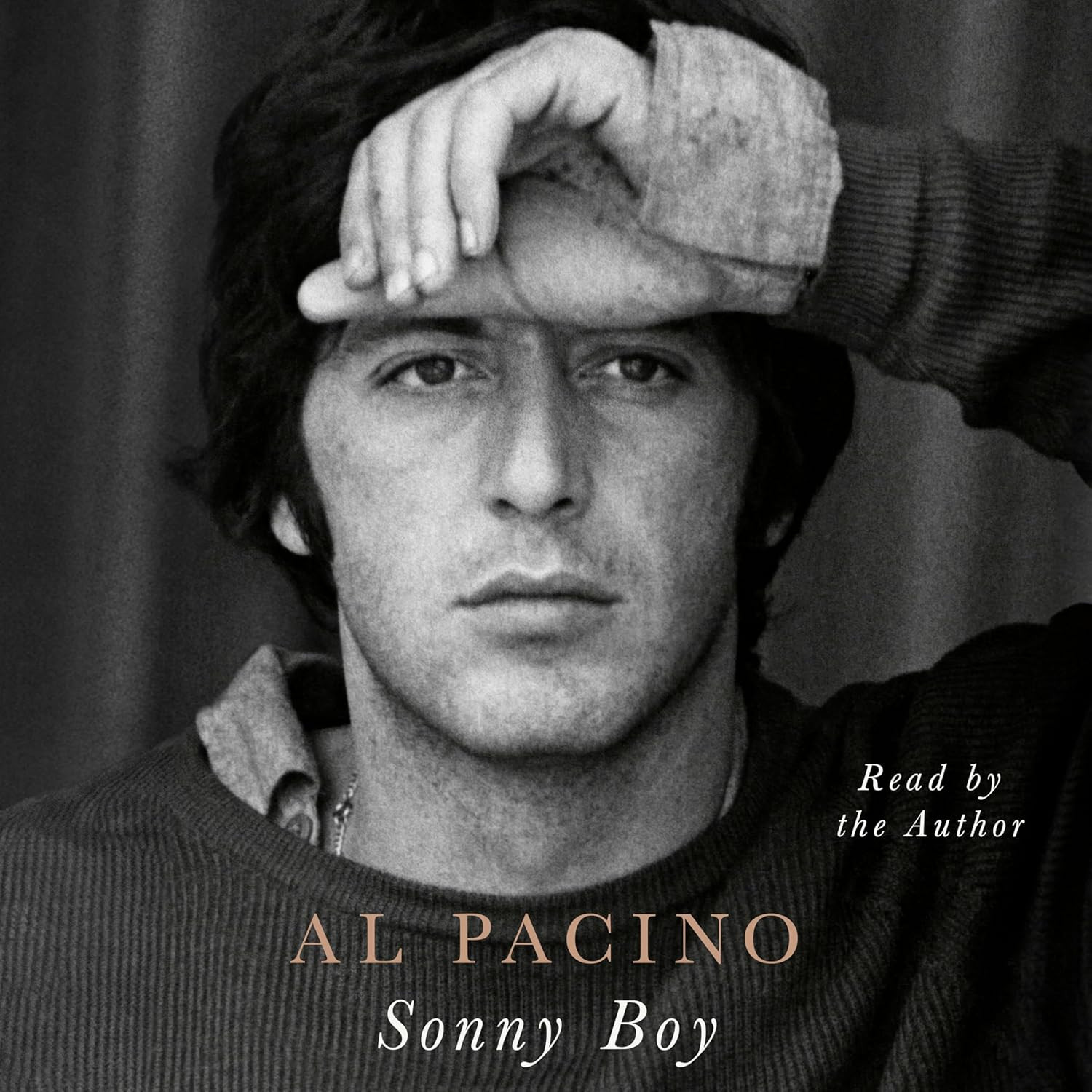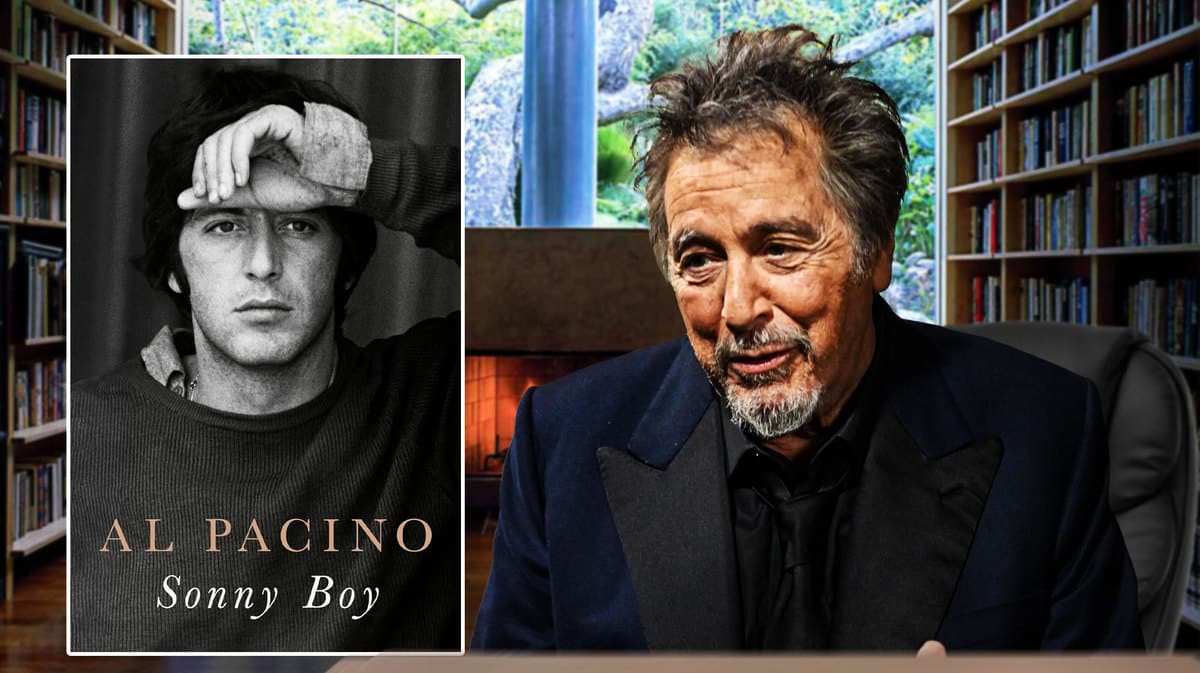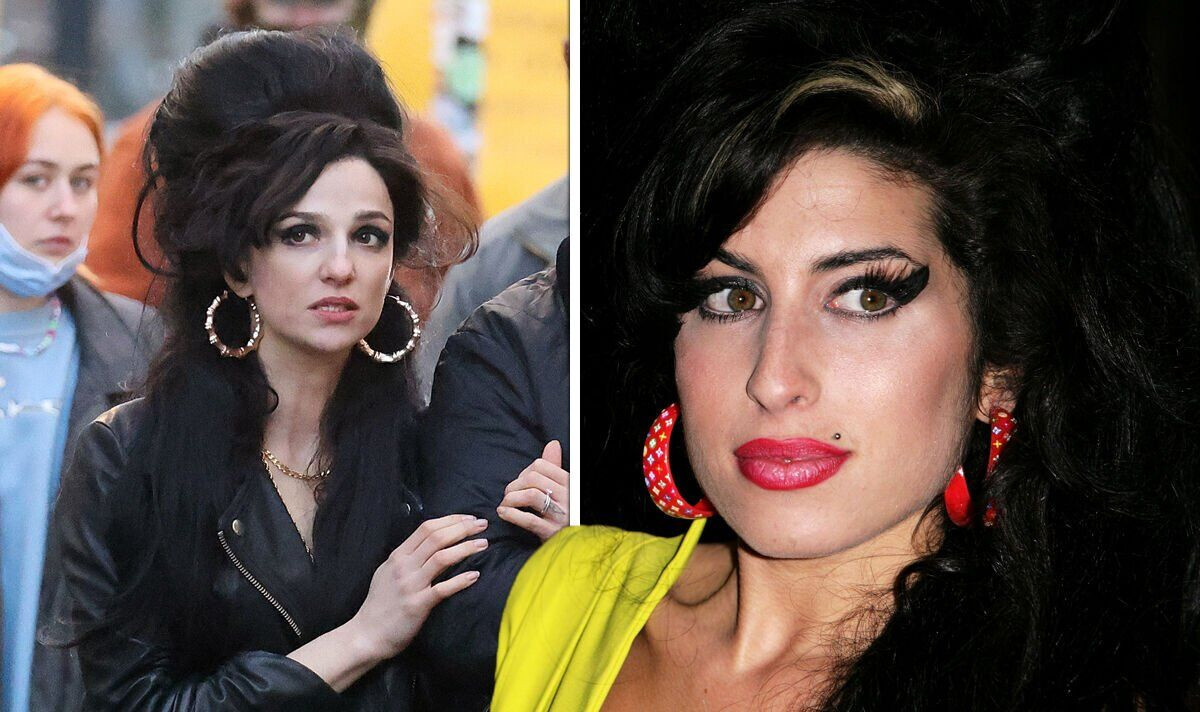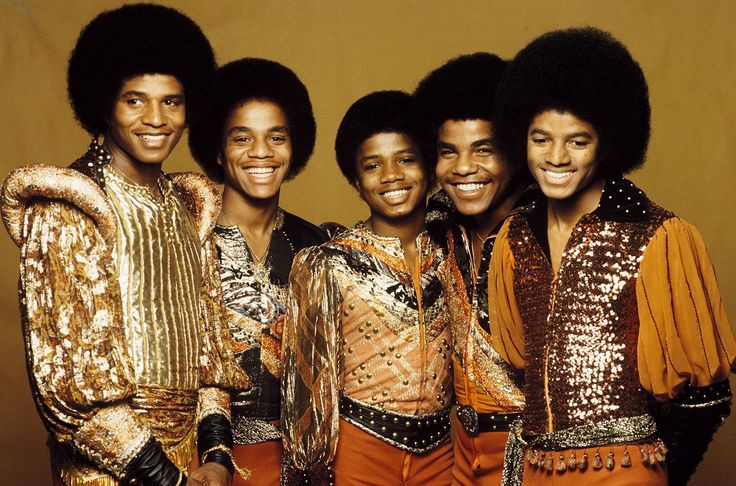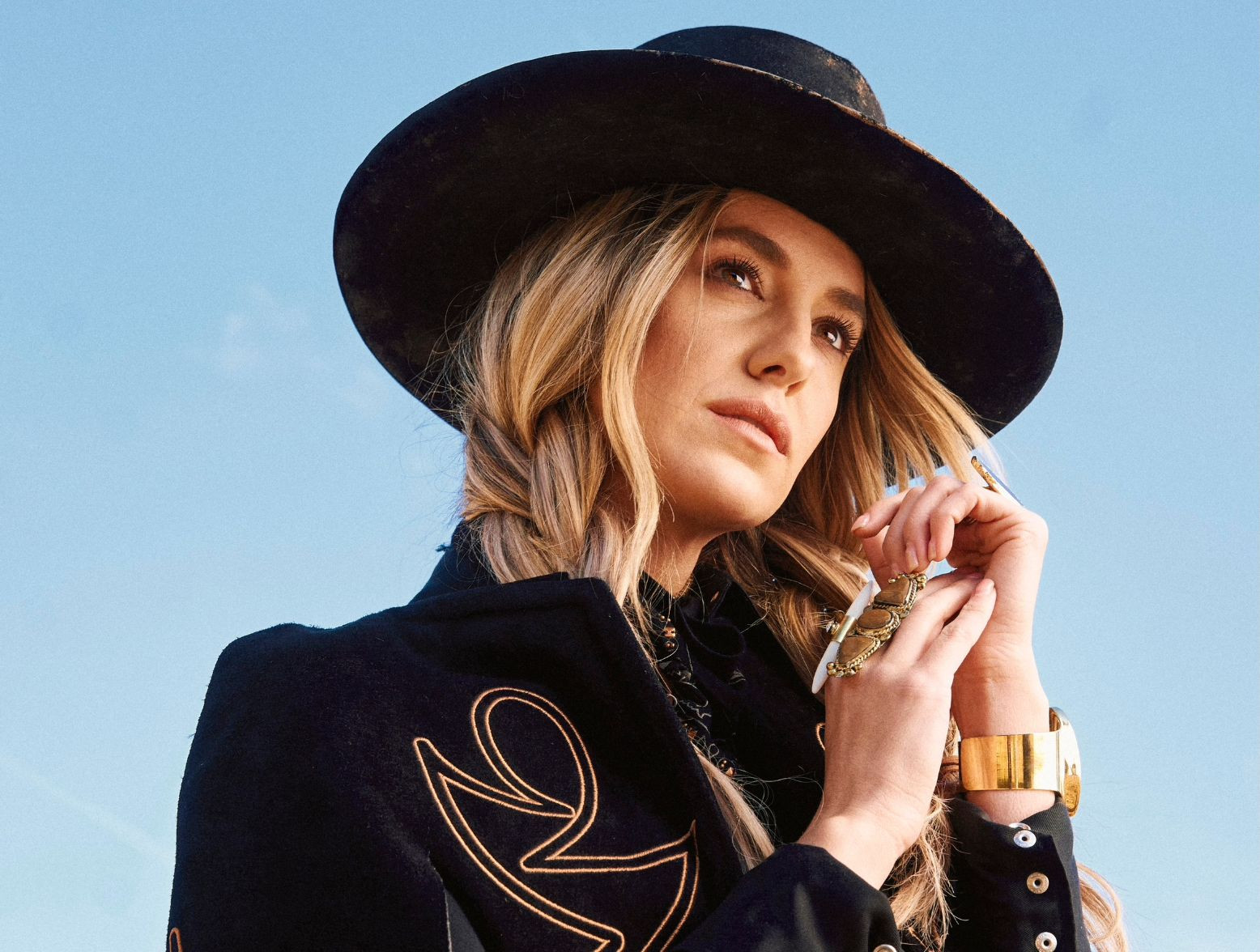Al Pacino, the legendary actor known for his intense portrayals in films like 'The Godfather' and 'Scarface,' has finally released his highly anticipated memoir, 'Sonny Boy'. In the book, Pacino candidly recounts his tumultuous journey to the top of Hollywood, revealing his battles with alcoholism, the family trauma that shaped his early years, and the near-death experience that shifted his perspective on fame and life itself.
Pacino, now 84, delves into his childhood in the South Bronx, where his mother, Rose Gerardi Pacino, a factory worker, struggled with depression and eventually attempted suicide. Pacino describes his mother as "emotionally fragile" and the movies as "a place where my single mother could hide in the dark and not have to share her Sonny Boy with anyone else." He recalls the harrowing experience of finding his mother unconscious after her suicide attempt, which left an indelible mark on his psyche.
Pacino also opens up about his father, Salvatore Pacino, who abandoned him when he was only two years old. This abandonment, he writes, became "the missing link" of his life. His mother's subsequent struggles with depression and addiction were a constant source of pain for him, and he poignantly describes his childhood as a period of poverty and uncertainty.
Despite the hardships, Pacino discovered solace in acting. He credits his maternal grandfather, Vincenzo, for instilling in him a strong work ethic and a sense of self-reliance. Vincenzo, a Sicilian immigrant, had a profound influence on Pacino's character, particularly his unwavering commitment to his craft.
At 16, Pacino dropped out of school to pursue his acting dreams in New York's vibrant theater scene. He was a natural performer from a young age, with one stranger even declaring him "the next Marlon Brando" after a school play when he was only 13. However, the world of acting could be ruthless, and Pacino faced numerous hardships, including periods of homelessness and financial instability.
He landed his first breakthrough role in the 1971 film 'The Panic in Needle Park,' but it was his iconic portrayal of Michael Corleone in 'The Godfather' (1972) that catapulted him to international fame. However, the intense pressure of fame and the unrelenting scrutiny of the public eye pushed Pacino into a spiral of heavy drinking. He describes his addiction as a way to cope with his shyness and the overwhelming demands of Hollywood life.
Pacino's drinking eventually reached a crisis point in 1974, during the filming of 'Dog Day Afternoon.' He nearly backed out of the role, overwhelmed by his alcoholism and the pressures of his career. It was a pivotal moment when producer Martin Bregman intervened, persuading him to stay sober and reconsider the part. The film went on to become a critical and commercial success, further cementing Pacino's status as a Hollywood powerhouse.
Despite the challenges, Pacino ultimately conquered his addiction, achieving sobriety in 1977. He credits his acting teacher, Charlie Laughton, with helping him recognize the severity of his problem and providing him with the support he needed. While Pacino acknowledges that he tried Alcoholics Anonymous, he found it difficult to relate to the group's environment.
In 'Sonny Boy,' Pacino reflects on the complexities of fame and the sacrifices it often demands. He confesses to feeling overwhelmed by the constant public attention and the challenges of maintaining a personal life. He details his financial struggles, admitting to taking on roles he didn't truly want just to pay the bills.
Despite the ups and downs, Pacino's love for acting never wavered. He is a meticulous and dedicated artist who continues to push himself creatively, even at 84. 'Sonny Boy' is not a tell-all memoir, but it offers a glimpse into the heart of a man who has lived a remarkable life, both on and off the screen.
Pacino's memoir is a testament to the power of resilience and the enduring allure of the human spirit. It's a captivating read that will resonate with anyone who has ever dreamed of achieving their artistic ambitions, even amidst life's inevitable challenges.




